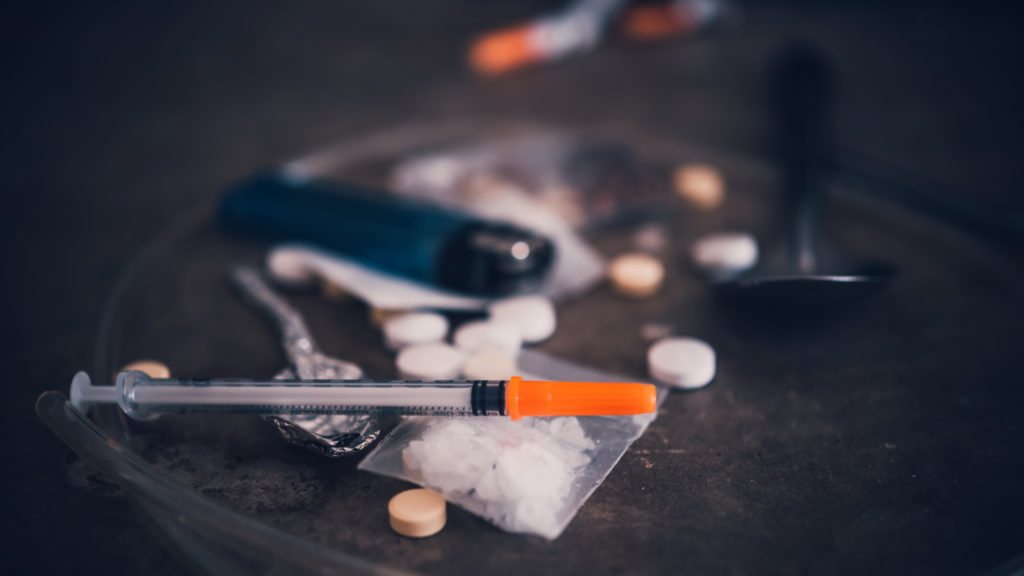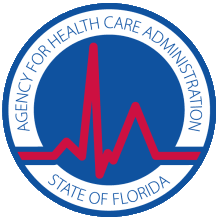
Drug paraphernalia is an indicator of drug use, and thanks to the internet, it has become more available than ever in 2022. Knowing what to look for could be the difference between stopping a drug habit before it starts and a full-blown addiction.
Keep reading to learn how to recognize drug paraphernalia, the drugs it’s associated with, and what to do if you suspect drug use.
What Is Drug Paraphernalia?
Paraphernalia describes any equipment that allows a person to use a substance. Drug paraphernalia could also refer to containers that store drugs, objects that measure out the drugs, or items used to hide drugs.
Drug paraphernalia could be bought in a smoke shop or online. They are legally allowed to be sold to consumers over the age of 18 and advertised for legal substances such as tobacco. Understanding what these items look like and what they are used for will offer insight into whether drugs are used. Given the ease of purchasing drug paraphernalia, drug paraphernalia is here to stay.
We are here to help
Start your recovery now
Talk with a specialist
Contact
Types of Drug Paraphernalia
Drug paraphernalia varies depending on the type of drug being used and the method it is being used. For example, the most frequent drugs used are smoking, inhaling, snorting, swallowing, or injection.
Cannabis (Weed, Marijuana)
Cannabis is one of the most widely used drugs and is even legal in some states. Even though it is legal, marijuana can still cause addiction concerns. Regardless of state laws, it is still illegal for individuals underage to possess marijuana paraphernalia.
Marijuana paraphernalia:
- Joints, rolling paper, rolling trays, rolling cones
- Vape pens
- Dab rigs
- Lighters
- Grinders
- Pipe or bongs
Methamphetamine (Meth)
Methamphetamine comes in a solid form or powder and could easily dissolve in liquid. Meth could be smoked, swallowed, snorted, or injected.
Meth paraphernalia:
- Dried up cotton balls
- Glass or metal pipes
- Lighters, burnt spoon, or tin foil
- Rolled up bills, staws, or metal pipes
- Small mirrors and razor blades
Cocaine (Coke)
Cocaine generally comes in white rock or powdered form and is mainly crushed and snorted. However, cocaine also could be smoked, dissolved, and injected. Therefore, cocaine paraphernalia could include some items in the meth list.
Cocaine paraphernalia:
- Rolled up bills, rolled up paper or staws
- Credit cards or keys with white residue
- Lighters and glass or metal pipes
- Syringes
Heroin
Heroin resembles cocaine in its proper form and is generally cut with substances that give it a brown or dark color tone. It could also be in powder form for a tar-like essence, and it could be injected, snorted, swallowed, or smoked.
Heroin paraphernalia:
- Rolled up bills, straws, or metal pipes
- Small mirrors and razor blades
- Burnt spoons, lighters, or tin foil
- Dried up cotton balls
- Tubing, lacing, or syringes
Items Used to Hide Physical Drug Use Symptoms
Items that conceal drugs could also be considered drug paraphernalia. Seemingly innocent products can be viewed as warning signs for drug use. These items include:
- Sunglasses
- Eye drops
- Breath mints or mouth wash
- Bodysprays or other odor removers
- Long-sleeved shirts in warm weather
Drug Paraphernalia Laws in Florida
The definition of drug paraphernalia in Florida is, “All equipment, products, and materials of any kind which are used, intended for use, or designed for use in planting, propagating, cultivating, growing, harvesting, manufacturing, compounding, converting, producing, processing, preparing, testing, analyzing, packaging, repackaging, storing, containing, concealing, transporting, injecting, ingesting, inhaling, or otherwise introducing into the human body a controlled substance.”
In Florida, possessing drug paraphernalia is a first-degree misdemeanor and is punishable by fines and jail time.
Finding Help for Drug Addiction in Florida
At Celadon Recovery, we are experts in drug addiction treatment. Here at Celadon Recovery in Fort Myers, our accredited drug rehab offers several programs to fit individuals’ needs, including drug detox, inpatient drug rehab, and partial hospitalization program.
To learn more about our programs or get started in recovery, contact our drug rehab admissions at (239) 266-2141 or use our confidential online form.

We Have Helped Thousands of People Recover From Mental Health. Will You Be Next?
Give us a call anytime day or night:










